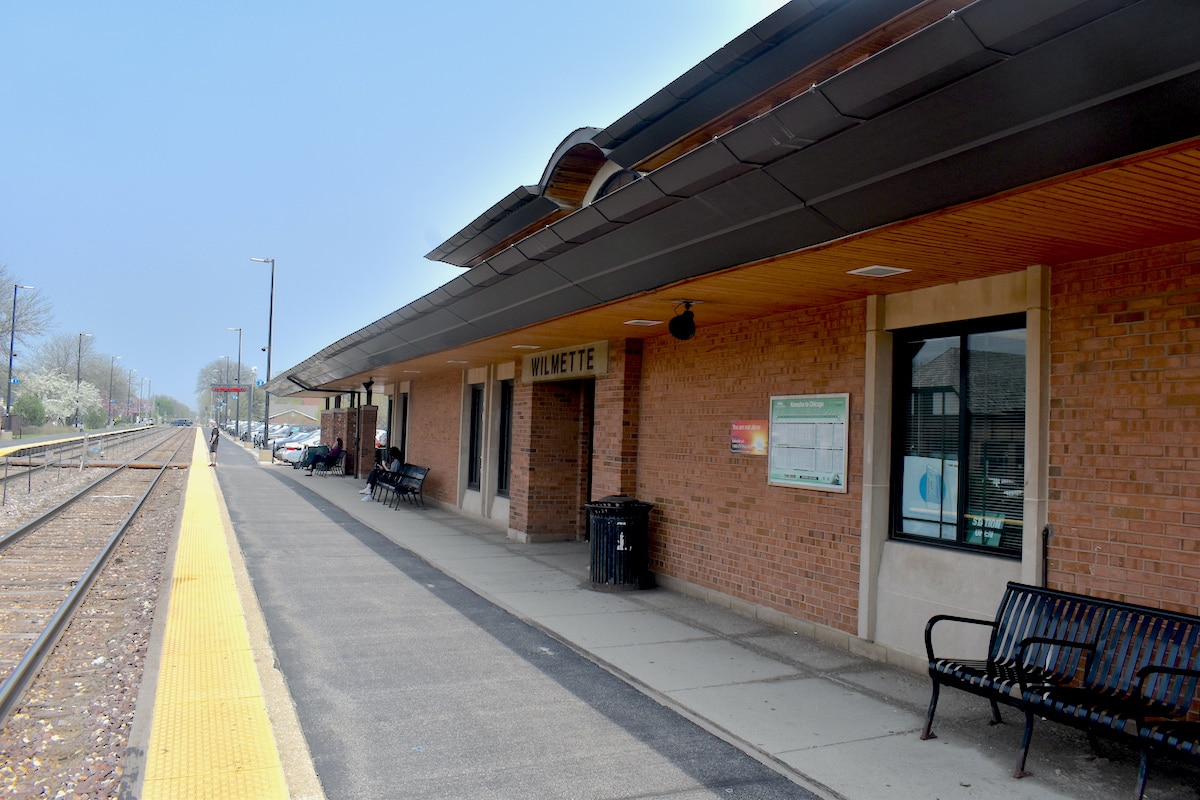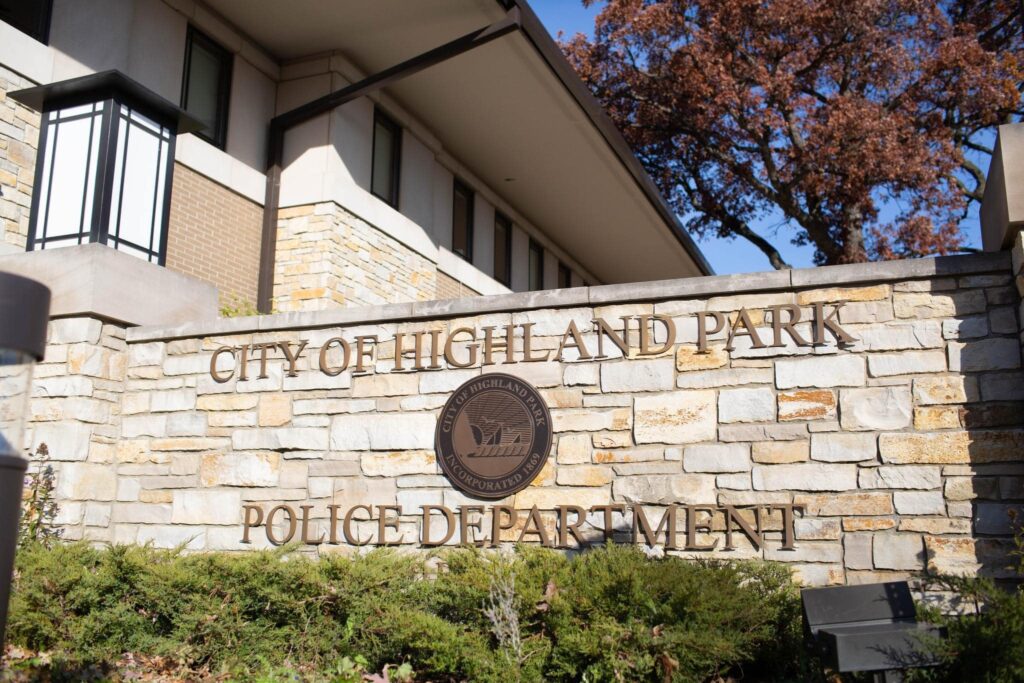
No migrant buses have arrived in Wilmette since May — and zero in Chicagoland since June 14, officials say
Wilmette passed regulations on bus stops in April.
Texas officials have sent buses of migrants from the southern border to Chicagoland since the fall of 2023, and for most of that time, volunteers in the North Shore suburbs have been ready and waiting with a supportive response.
But lately, it’s just been waiting.
After Wilmette passed an ordinance in the effort to conserve public-safety resources, the area has seen a sharp decline in bus drop-offs. From Jan. 1 through mid-April, more than 50 migrant buses arrived in Wilmette. Immediately after the ordinance was passed, between April 24-26, six more buses of migrants arrived to the Wilmette Metra Station; however, between May 11-30, just four buses arrived — and zero buses have arrived since.
Village Manager Mike Braiman said a confluence of factors related to the border are contributing to the decline in bus arrivals and a decline in migrant arrivals has been seen throughout Chicagoland. Per the Metropolitan Mayors Caucus, there have been no new bus arrivals to Chicagoland since June 14 — despite the City of Chicago’s projections in April that more migrants would be arriving.
While there have not been any bus dropoffs in recent weeks, volunteer efforts are still ongoing to support migrants should they arrive, according to Debora Morris who along with Heather Oliver leads the local initiative to support migrants once they arrive in Wilmette.
“We are still maintaining a trailer for migrants in the event that the buses start coming again,” said Morris.
The packages are mostly in need of hygiene supplies, such as shampoo and conditioner. Aspirin, towelettes, water and snacks are also accepted.
When it all started
When Texas Gov. Greg Abott’s administration began sending migrants to the area, they arrived in Chicago; however, in November of 2023, the City of Chicago pledged to regulate the growing influx of migrants through policy and a new “shelter stay” policy.
Despite efforts to respond to incoming migrants, Chicago shelters quickly became overcrowded; in December of 2023, Mayor Brandon Johnson said in a statement that all 27 shelter facilities had “reached capacity with more than 15,000 asylum seekers currently under the city’s care.”
In response to the city’s crackdown and state of overcrowdedness, many buses arrived in Chicagoland suburbs with city-bound train service, such as those in the North Shore.
The change led Chicagoland suburbs to pass independent policies concerning the buses’ arrivals.
In the North Shore, the Village of Winnetka was the first to pass ordinances that regulated unscheduled, one-way bus dropoffs. Per Winnetka law, bus companies can dropoff individuals between 10 a.m.-4 p.m. Monday through Friday and are limited to one dropoff per day. Bus owners must provide information to the village about the owners, operators and drivers of the bus; who contracted the bus; vehicle information; number of passengers; and the plan for the passengers once they are off-loaded.
The policy is meant to regulate the process of dropoffs, rather than prevent them, according to Village Attorney Peter Friedman.
Shortly after, Highland Park and Glencoe both passed laws that similarly aimed to regulate unscheduled bus dropoffs, leaving Wilmette as the main Chicagoland destination for many of the migrants.
As the arrivals surged in March and April, the Wilmette Village Board of Trustees unanimously voted to limit unscheduled bus drop-offs to 8 a.m.-4:30 p.m. and affirmed the Wilmette Metra Station at 722 Green Bay Road as the official dropoff location. A failure to meet these regulations will lead to fines ranging from $50-$750 per bus passenger.
“Migrant arrival has always been done in a safe and orderly manner,” Braiman said. “The concern was that buses were able to come at any time during the night. A dropoff at 1:30 (a.m.) was concerning for the passengers. They didn’t have access to bathrooms or trains to access Chicago. Those passengers could not be properly cared for.”
The decline in bus arrivals began a couple of weeks after the ordinance passed.
The Record is a nonprofit, nonpartisan community newsroom that relies on reader support to fuel its independent local journalism.
Become a member of The Record to fund responsible news coverage for your community.
Already a member? You can make a tax-deductible donation at any time.


